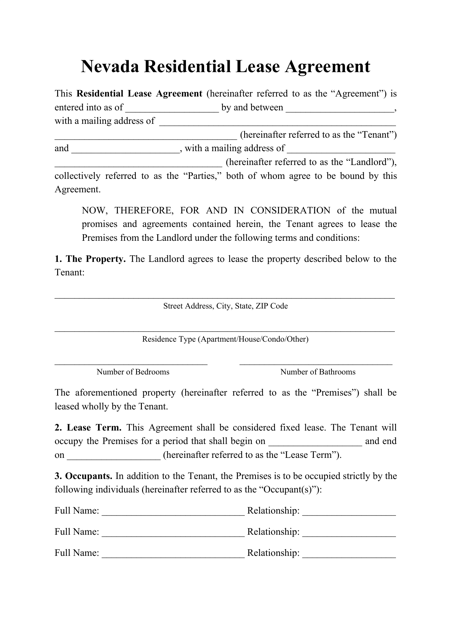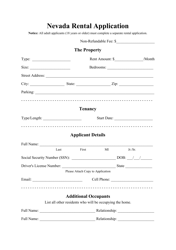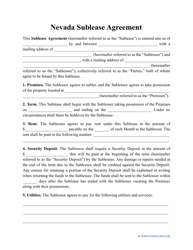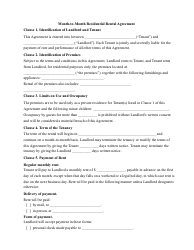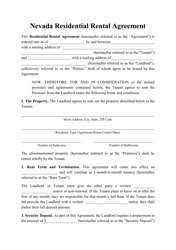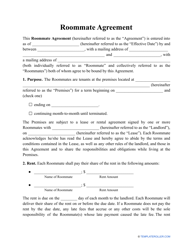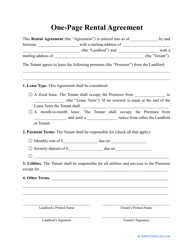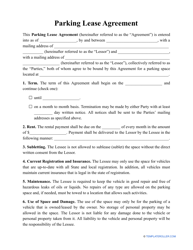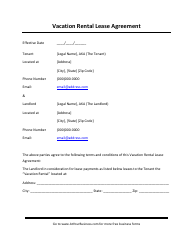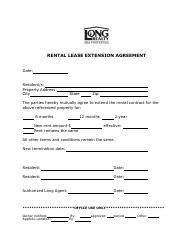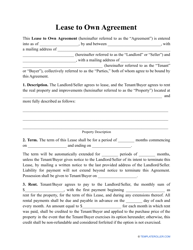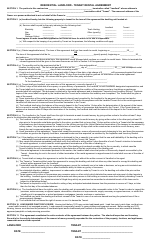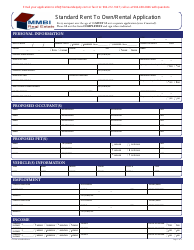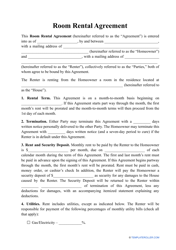Residential Lease Agreement Template - Nevada
A Residential Lease Agreement Template - Nevada is a document used to formalize the rental agreement between a landlord and a tenant in the state of Nevada. It outlines the terms and conditions of the rental, including rent amount, duration of the lease, and responsibilities of both parties.
The residential lease agreement template in Nevada is typically filed by the landlord or property owner.
FAQ
Q: What is a Residential Lease Agreement?
A: A Residential Lease Agreement is a legally binding contract between a landlord and a tenant, outlining the terms and conditions of renting a residential property.
Q: Why do I need a Residential Lease Agreement?
A: A Residential Lease Agreement helps protect the rights and responsibilities of both the landlord and the tenant, ensuring that both parties are aware of their obligations.
Q: Is a Residential Lease Agreement required in Nevada?
A: Yes, a Residential Lease Agreement is recommended and often required in Nevada to establish the terms and conditions of the rental agreement.
Q: What should be included in a Residential Lease Agreement?
A: A Residential Lease Agreement should include the rental property address, lease duration, rent amount, security deposit details, and rules regarding maintenance and termination of the lease.
Q: Is a written Residential Lease Agreement necessary?
A: Yes, a written Residential Lease Agreement is highly recommended to avoid any misunderstandings between the landlord and tenant. It provides clarity and legal protection for both parties.
Q: Can a landlord increase rent during the lease term?
A: In Nevada, a landlord can only increase rent during the lease term if the lease agreement allows for it or if the tenant agrees to the increase.
Q: How long should a Residential Lease Agreement be?
A: The length of a Residential Lease Agreement can vary, but it typically covers a fixed term, usually one year.
Q: Can a tenant break a lease in Nevada?
A: In Nevada, a tenant can break a lease if certain conditions are met, such as active military duty, landlord's failure to maintain the property, or health and safety issues.
